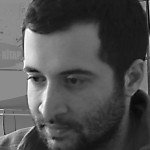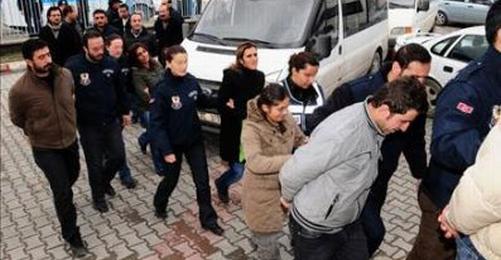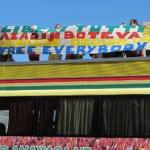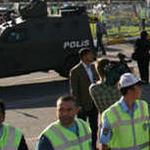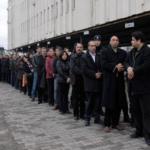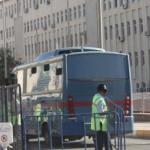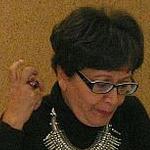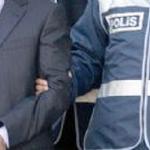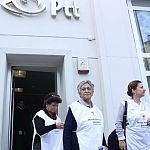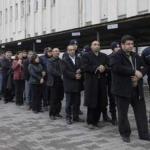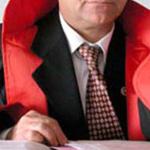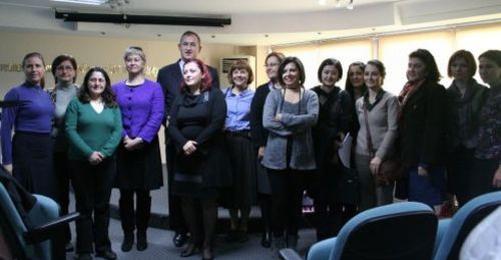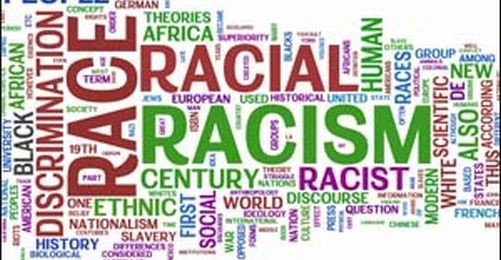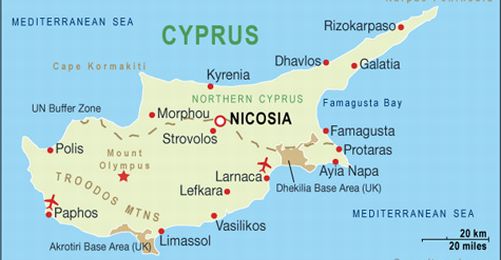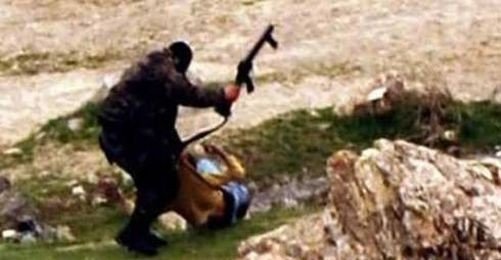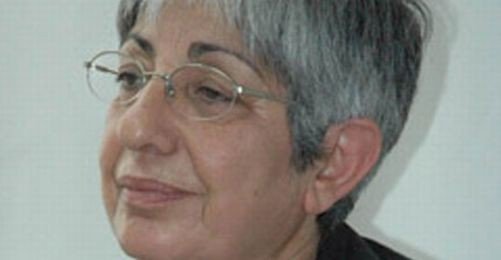Aydın Bolkan, press advisor and principle clerk of detained Kayapınar (Diyarbakır) Mayor Zülküf Karatekin, said that until now all persons on trial replied in Kurdish during the procedure of identification, except three defendants. "After this, the summary of the indictment will be read out and then the defence speeches will follow", Bolkan explained.
The total number of detained defendants being tried in the scope of the KCK case before the Diyarbakır 6th High Criminal Court rose to 104 on Tuesday (19 October). As reported by the Fırat News Agency (ANF), the file of Serdar Ziriğ was merged with the main file. Ziriğ was arrested in 2008 and tried at the same court. The number of detained defendants increased from 103 to 104 and the total number of defendants rose to 152.
Tuesday's hearing was attended by all of the detained defendants, some of the 48 un-detained defendants including Diyarbakır Metropolitan Mayor Osman Baydemir and the Mayor of Sur, Abdullah Demirbaş, almost 300 lawyers and the delegations monitoring the case.
The 7,578-page indictment was prepared by the Diyarbakır Public Prosecution. The 152 defendants are tried over charges of ""disrupting the unity of the state and the integrity of the country", "membership and leadership of a terrorist organization" and "aiding and abetting a terrorist organization". The sentences demanded by the prosecution vary between 15 years in jail and life sentences.
Defence speeches in mother tongue affect mitigation of punishment
The President of the Bar Association of Mardin (eastern Mediterranean), Azat Yıdırım, drew attention to the fact that defendants who insist on delivering their speech of defence in Kurdish will not be able to benefit from the provisions of mitigation of punishment as stipulated in the Turkish Criminal Law (TCK). As an example he mentioned a decision made by the Diyarbakır 4th High Criminal Court in September 2010.
In the morning session on 19 October, the court board of the Diyabakır 6th High Criminal Court dismissed the request of the defendants to present their defence in Kurdish as their mother tongue. In an interview with bianet, Yıldırım pointed out that the request was rejected because the defendants "know the Turkish language".
Yıldırım referred to the according article of the Criminal Procedure Law (CMK) which orders that "an interpreter shall be appointed for the witness and the defendant if her/his knowledge of the Turkish language is insufficient to explain her/his situation" (Article 202).
"Interpreters are appointed for defendants who do not know Turkish at all. If the person makes her defence in Turkish at the police or at the prosecution, the court will dismiss the request for a defence in Kurdish later on", Yıldırım indicated.
"Yet, every person has to be granted the right to defend himself in the language he can express himself in best. Most of the defendants and witnesses who say that they know Turkish cannot express themselves well in this language. This would not comply with the principles of a fair trial", he said.
Trial observers
Also on the second day of the trial, many people gathered in front of the court house in Diyarbakır while other parts of the Kurdish-majority city remained calm.
Most of the representatives who came to Diyarbakır to observe the trial left on Tuesday evening.
Delegations of left-wing parties travelled to Turkey to monitor the case. On Monday (18 October) night, after the first hearing of the case, it turned out that members of the fascist Austrian Unity Party mingled with the crowd. French and Italian delegations shouted curses and the slogan "Ciao Bella"
From Turkey, the following people were among the large group of people which came to Diyarbakır to observe the KCK trial: former Istanbul Bar Association President Yücel Sayman, lawyer Bahri Bayram Belen, Sema Kılıçer from the Turkey Delegation of the European Union, lawyer Fethiye Çetin, journalist Altan Öymen, publisher Ragıp Zarakolu, Şanar Yurdatapan from the Initiative against Thought Crimes, Celalettin Can from the 78'ers Initiative, human rights defender Nimet Tanrıkulu, writer Fikret Başkaya, Kurdish politician Feleknaz Uca from Germany, intellectual Gencay Gürsoy, Aydın Engin, journalist Hakan Tahmaz, politicians Alper Taş and Doğan Tarkan, political scientist Büşra Ersanlı, Eşber Yağmurdereli from the Peace Assembly of Turkey, Sami Evren from the Public Workders' Unions Federation (KESK), Süleyman Çelebi from the Confederation of the Revolutionary Trade Unions (DISK) and Zübeyde Kılıç form the Union of Education and Science Workers (Eğitim-Sen). (EÜ/VK)




